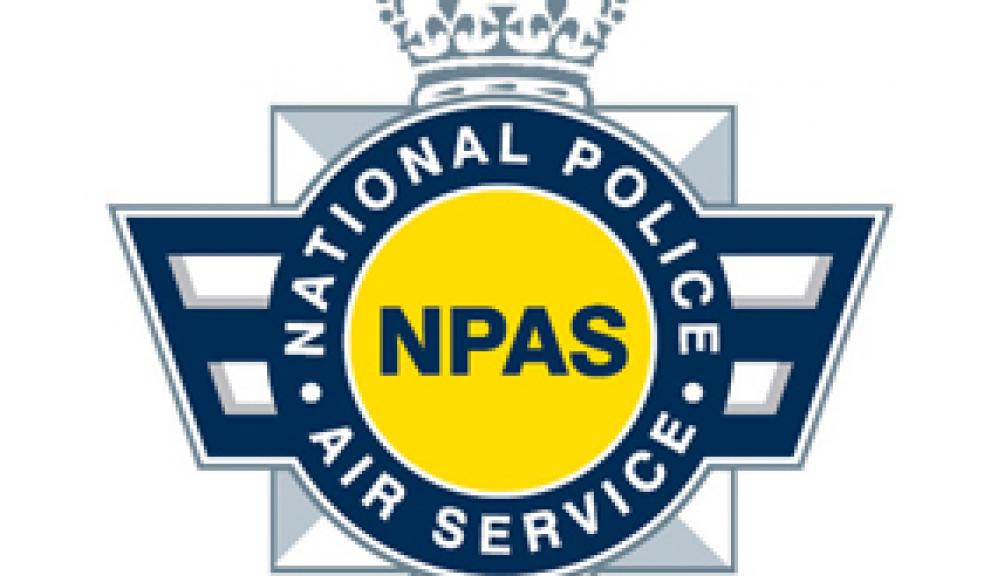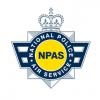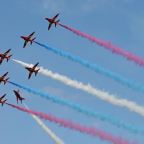
Forces in the South West join the National Police Air Service
Today (Wednesday 3 July), Devon and Cornwall, Avon and Somerset, Dorset and Gloucestershire Police join the National Police Air Service (NPAS). This is the fourth phase of implementation since the launch of NPAS on 1st October 2012. The remaining police forces in England and Wales will join NPAS by January 2015.
The focus of NPAS is to deliver a more cost effective service, balancing the need to save money in a challenging economic environment against the need to ensure the police have a quickly deployable asset that can be used to tackle crime and protect the public.
Responding to the findings of a comprehensive review commissioned in 2009, the Association of Chief Police Officers (ACPO) and individual Police Authorities approved the central recommendation to replace the previous air support system with a national service, regionally coordinated for local delivery.
NPAS illustrates how the police are pro-actively moving towards a national, co-ordinated way of working and is delivered under the first national Collaboration Agreement between policing bodies in England and Wales. Through collaborative working, the police are able to provide capability from the air that maximises the delivery of frontline public services, but with a lower cost than services procured and managed on a local basis.
NPAS operates under a lead force model through West Yorkshire Police. This ensures that NPAS is led and owned by the police and delivers the operational benefits and financial savings that have been presented to individual police bodies.
Once all forces join NPAS, there will be 25 aircraft based at 23 strategic locations across England and Wales. This will be achieved through borderless tasking and making use of the nearest available aircraft through the central Despatch and Flight Monitoring service in Bradford, West Yorkshire. NPAS will deliver a service with an aircraft available 24 hours a day and is supported by three reserve aircraft when aircraft are offline for scheduled maintenance to minimise reduction in service.
Since the launch of NPAS there have been many successful air operations and the benefits of NPAS are already being realised. As a result of borderless tasking and due to more informed tasking, NPAS is already seeing a 10% reduction in the number of flying hours used by forces. There has also been increased aircraft availability under NPAS as reserve aircraft have been utilised during times of scheduled maintenance and in support of large policing operations.
National Policing Lead for Aviation, Chief Constable Alex Marshall said, “I am delighted that forces in the South West join NPAS today, a service that will provide efficient and effective air support for the public of England and Wales.
"NPAS has already seen the significant benefits that borderless tasking can bring to police operations and with the joining of these forces we will build upon this. NPAS will continue to strive for operational effectiveness and innovative contracts which will enable additional savings to be achieved.”













